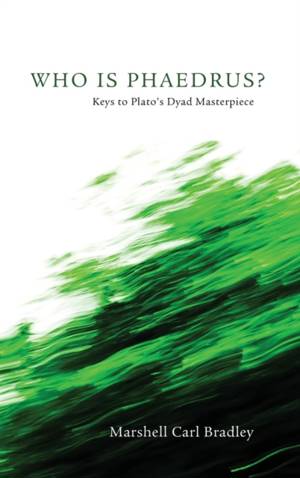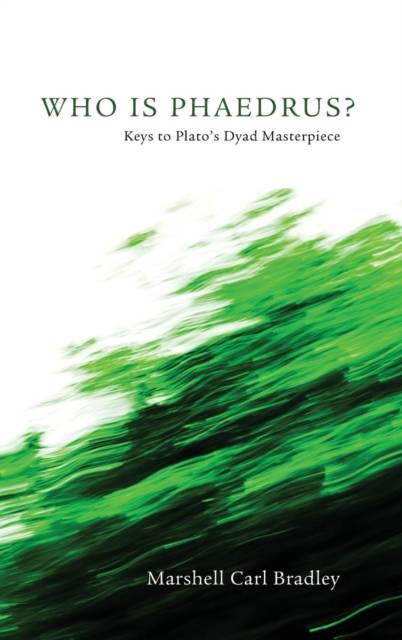
- Retrait gratuit dans votre magasin Club
- 7.000.000 titres dans notre catalogue
- Payer en toute sécurité
- Toujours un magasin près de chez vous
- Retrait gratuit dans votre magasin Club
- 7.000.0000 titres dans notre catalogue
- Payer en toute sécurité
- Toujours un magasin près de chez vous
65,45 €
+ 130 points
Format
Description
Who Is Phaedrus? This book delivers answers. Many have said Phaedrus is the most intriguing of Plato's works. Phaedrus is certainly one of the most difficult to follow and fathom. In part this is because the title figure, Phaedrus himself, has remained a mystery. Who Is Phaedrus? takes us on a tour of this intricate dialogue: a work of philosophy and history, and a work of art. In Who Is Phaedrus? we see how and why Phaedrus became involved in the most sensational scandals, both religious and political, in ancient Athens; and yet we see Phaedrus come across as a person remarkably contemporary, someone who could walk through a time seam and be wholly understandable as a soul in the twenty-first century. Perplexed as well as perplexing, Phaedrus, in the final analysis, needs Socrates' timeless philosophy as a salve and therapy, and we follow along as Socrates delivers.
Spécifications
Parties prenantes
- Auteur(s) :
- Editeur:
Contenu
- Nombre de pages :
- 208
- Langue:
- Anglais
Caractéristiques
- EAN:
- 9781498263702
- Date de parution :
- 06-11-12
- Format:
- Livre relié
- Format numérique:
- Genaaid
- Dimensions :
- 152 mm x 229 mm
- Poids :
- 449 g

Les avis
Nous publions uniquement les avis qui respectent les conditions requises. Consultez nos conditions pour les avis.






